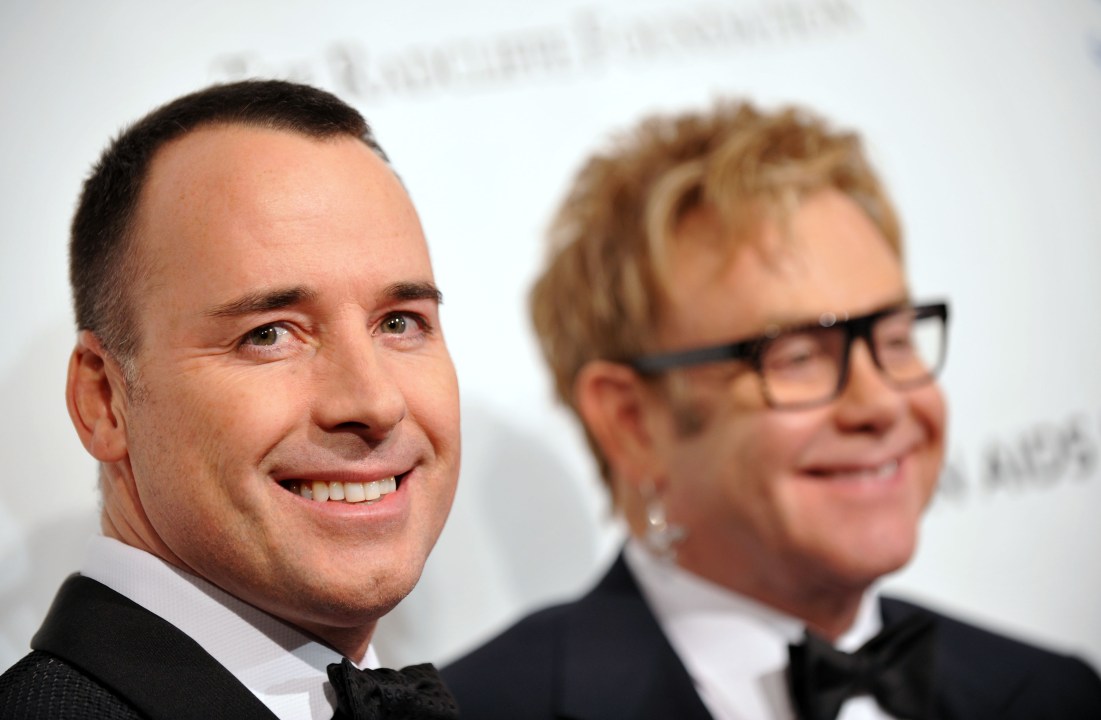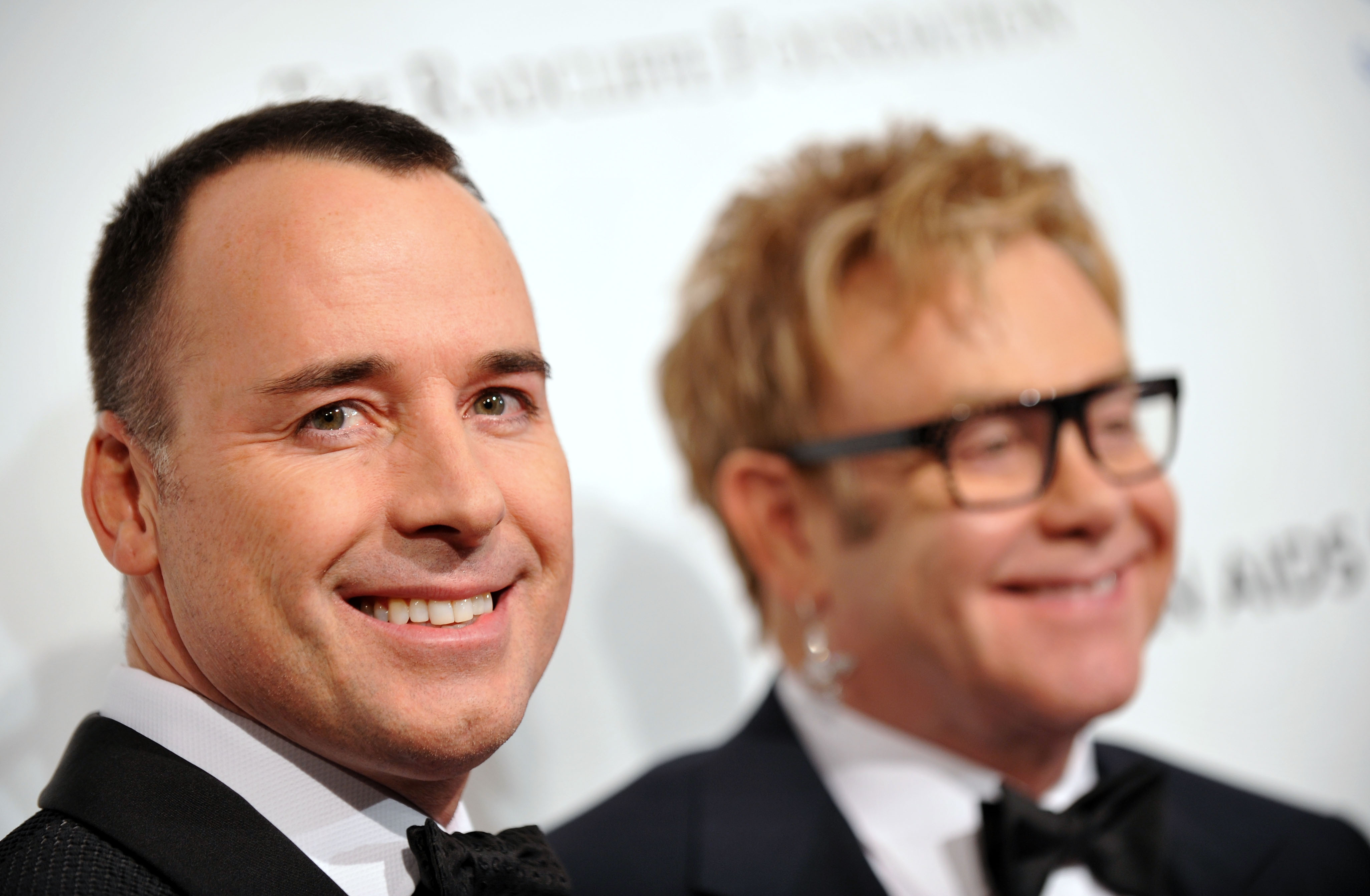 The birth of Zachary Jackson Levon Furnish John gave that of Christ a run for its money
in the broadcast news over Christmas. In Ireland, where I was, the newsreader declared that the singer Elton John and his partner, David Furnish, had had their first child. Hang on, I thought. Not
so. Some woman, and possibly two – bear with me – has had a baby with one of them. And as it turned out, the birth mother was a client of the Center for Surrogate Parenting
based in Encino, California, which has been providing surrogacy arrangements for gay would-be parents since 1989.
The birth of Zachary Jackson Levon Furnish John gave that of Christ a run for its money
in the broadcast news over Christmas. In Ireland, where I was, the newsreader declared that the singer Elton John and his partner, David Furnish, had had their first child. Hang on, I thought. Not
so. Some woman, and possibly two – bear with me – has had a baby with one of them. And as it turned out, the birth mother was a client of the Center for Surrogate Parenting
based in Encino, California, which has been providing surrogacy arrangements for gay would-be parents since 1989.
Elton John and David Furnish will, I’d have thought, make affectionate, not to say, doting, parents. Granted, Elton, 63, is getting on a bit, but were a woman of David Furnish’s age, 48, to have a baby by a man of Elton’s age, we probably wouldn’t get worked up about it. There are other aspects of the arrangement, though, that seem a bit problematic, though they’re probably unavoidable when two blokes set about having a baby.
Little Zachary – Zach? – was, it turns out, conceived from an egg donated by one woman and was carried to birth by another. This separation of genetic parenthood from birth parenthood is standard practice in surrogacy and was explored in a book on assisted pregnancy, Everything Conceivable, by the impeccably liberal US journalist, Liza Mundy.
Basically, these two aspects of motherhood, the genetic and and the gestational – which at least for now are the preserve of women – call for rather different attributes. What you want from the genetic mother is, not to put too fine a point upon it, looks – because, unless you know the donor, you’re not really able to take personality into account. What you want from the carrier is a willingness to put your healthy womb at someone else’s disposal and then pass on the baby you bear at the end of it. The carrier won’t – and it’s hard to put this nicely – necessarily be a looker. Her fee at Zachary’s clinic is usually in the region of $19,000. Which is, I suppose, more than a surrogate gets in India.
Once upon a time those two functions of motherhood, the gestational and the genetic, were inseparable. It’s only in the last three decades that they have become separate. On the initial birth certificate for little Zachary, however, it seems Elton John is called the child’s father, David Furnish the mother, though in a later draft this will probably be amended to Parent 1 and Parent 2.
As for Britain, as a result of the passing of the Human Fertilisation and Embryology Act last April, a UK birth certificate is now rather a liberal construct. The birth mother will initially be registered as the child’s mother and her husband, if any, as its father but in surrogacy cases, this is rendered null by the issue of something called a Parental Order which replaces the original certificate with one that registers the parents-of-choice, who may be two men or two women. It’s a final departure from the notion that the certificate has anything to do with biological realities rather than social aspirations. Granted, in the old days it was not invariably the case that the father, if any, on the birth certificate – the mother’s husband, usually – was the baby’s real father. But this convention was not a social construct in the same sense as the new same-sex birth certificates are.
What we’re talking about in all this is something quite profound: namely, a child’s ability to know where it comes from, to have a sense of its identity from a father and a mother. Islamic moral teaching has a name for it – a child’s right to lineage. When a child like Zachary has got two mothers – both anonymous – and two fathers, one biological, one not, that sense of self is compromised.








Comments